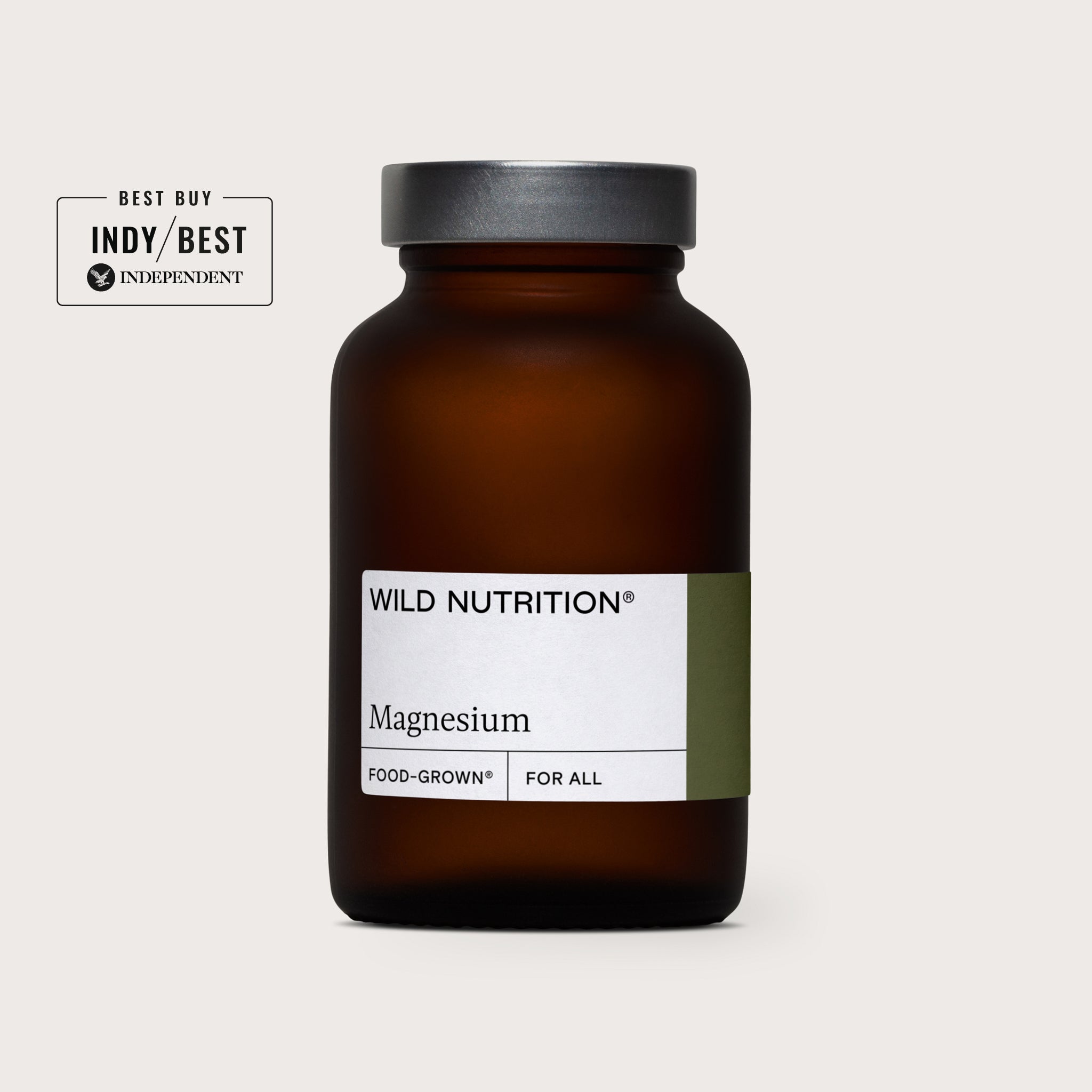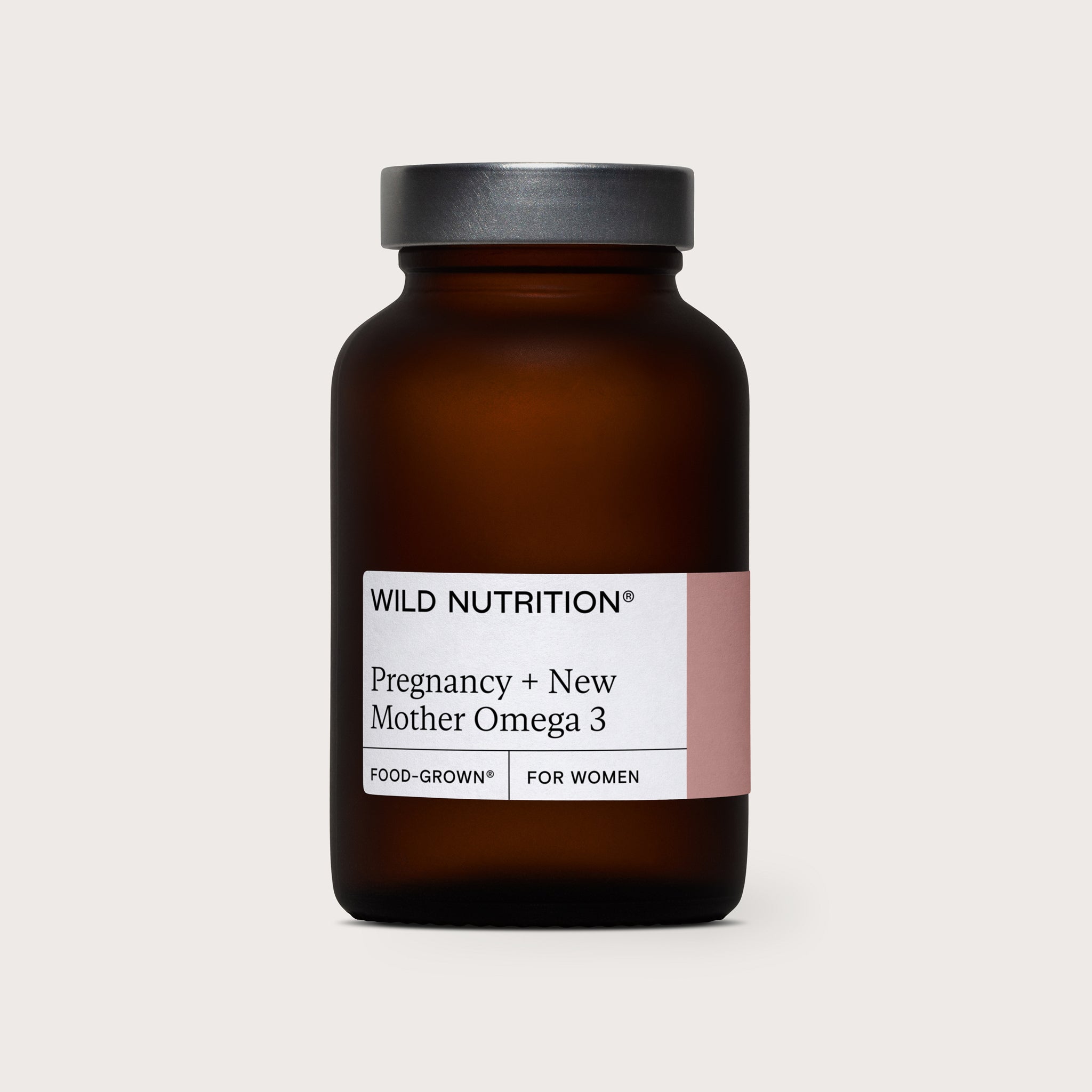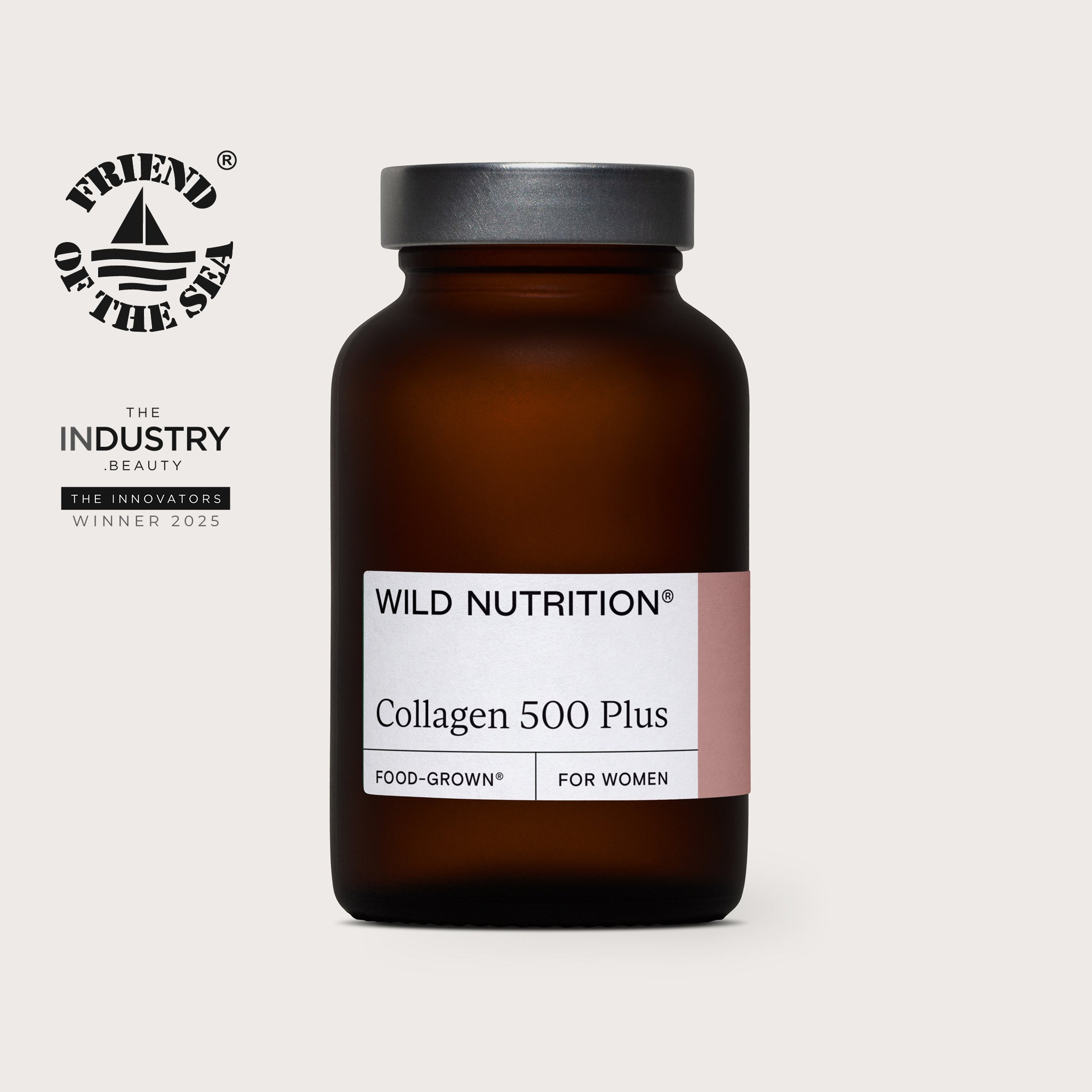
Recovery from Birth
Pregnancy is a time to look after yourself, focus on your needs through optimum nutrition and rest, and take life a little more gently. This need does not change once your baby is born – and the three months after the birth are known as the fourth trimester for this very reason.
If you are breastfeeding, a healthy diet is needed to support your milk supply and your growing baby. If you choose not to breastfeed, or if it hasn't been possible, then diet is still just as important to support your recovery from birth and also sleep disruption. A good diet helps the restoration of hormonal balance after pregnancy and replenishes nutrient stores that have been diminished.
Traditional cultures would nourish and feed the new mother for a minimum of the first two weeks after the birth. They would do this by cooking and nurturing the mother and baby, feeding them nutritious foods, such as bone broths, stews, bakes and foods high in fat-soluble nutrients such as Vitamin A and E needed for healing. Many western cultures have now lost this connection between food and its healing and nourishing properties and the importance of this postpartum. Batch cooking wholefood meals or even better, having a loved one do this for you, is the ultimate act of love for you and your new baby.
Here are just some of the ways to support your recovery post-birth:
Foods that can help to rebuild strength after birth are those that are rich sources of minerals, such as magnesium and calcium.
Good sources are:
- Green leafy vegetables
- Oats
- Millet and pulses
- Nuts and seeds
- Ground flaxseed
Iron
In the last trimester, your baby accumulates most of the iron that’s needed, drawing on your iron stores in preparation for the oxygenated world they will be born into.
If you have been eating a nourishing diet and supporting this with a good-quality Pregnancy supplement, your iron levels should remain good (unless you were iron-deficient before pregnancy). However, the birth process can cause a loss of blood and a need to replenish your stores. Be mindful of eating plenty of iron-rich foods daily, including:
- Spinach
- Good quality, lean red meat
- Lentils
- Tofu
- Beetroot
Also include good sources of vitamin C, which increases the absorption of iron and wound-healing after birth. Dark leafy greens, citrus fruit, berries, broccoli, red pepper and kiwi are all good sources.
Your body’s ability to use iron is also influenced by your levels of healthy bacteria so eating foods that support this or taking a month’s course of probiotics can help.
Vitamin E
In these early weeks, you will experience considerable hormonal changes and eating vitamin E-rich foods can help you regain balance.
Good sources include:
- Sunflower seeds
- Almonds
- Hazelnuts
- Wheatgerm
- Avocado
- Olive oil
Zinc
Zinc is needed for the normal functioning of the immune system and healing after birth (1). It also supports the production and therefore, the moderation of hormones (2), which will be very changeable over the next few weeks. It can also have an effect on symptoms of postnatal depression (3).
Good sources include:
- Nuts
- Lamb
- Whole grains
- Pumpkin seeds
Healthy Fats
Omega 3 essential fats are crucial for post-birth recovery and overall health. These fats play a key role in hormone regulation, immune function, and lowering inflammation (4), making them a vital nutrient for new mothers. Essential fats can help support your body's healing process and promote optimal health post-birth. Building up a good store can also protect against postnatal depression (5). Ensure a variety of omega 3 fats in your diet.
Good sources include:
- Oily fish; sardines, salmon, mackerel, anchovies, trout and herring (EPA/DHA form)
- Flaxseed (ALA form)
- Walnuts (ALA form)
- Chia seeds (ALA form)
ALA - Alpha-linolenic acid
DHA - Docosahexaenoic acid
EPA - Eicosapentaenoic acid
Other things to consider
Drinking plenty of fluids is important. If you are not breastfeeding, you will need to drink around six glasses of water a day, although this can also be in the form of herbal teas (caffeinated tea and coffee don't count as these are diuretics).
If you are breastfeeding, you will need more than this – be led by your thirst levels. It is common to get a bit ‘sweaty’ after childbirth for the first six weeks or so, particularly at night. This is perfectly natural as it’s the body's way of restoring balance again.
Spices, such as ginger and turmeric, support the immune system after birth and reduce inflammation from the birthing process. Almonds and sesame seeds are high in minerals and are a well-digested form of protein.
Many women find that there is a change to their bowel habits after birth and may experience constipation. Lots of the foods mentioned above provide fibre to help prevent this, but you may also want to consider the benefits of taking a probiotic supplement too.
Eating well
Following the dietary principles in my ‘Your Pregnancy Nutrition Guide’ will support your energy during this time and your immune system's ability to repair well.
Eating slowly and well can be tricky, so eat while your baby is asleep, regardless of whether or not they are conventional mealtimes. Eating well is more important than having a tidy house!
Keep it simple – it is at this stage that you will reap the benefits of stocking up your postnatal store cupboard and any pre-made frozen dishes that friends or family can provide.
If you give birth during the wintery, damper months, avoid eating lots of cold foods and treat yourself to warming stews and soups. Warming, slow-cooked foods can be very nourishing for the gut and immune system, as well as providing a little bit of comfort. Eating in this way has also been shown to be supportive for your emotional and mental wellbeing post-birth. If you give birth during the spring or summer months lean into nourishing and hydrating smoothies and salads packed with protein, colour and variety.
For more on nutritional health during pregnancy, discover Henrietta's 'Your Pregnancy Nutrition Guide' or visit our pregnancy blog hub
Blogs you may like: Guides to the first trimester, second trimester, third trimester and fourth trimester.













